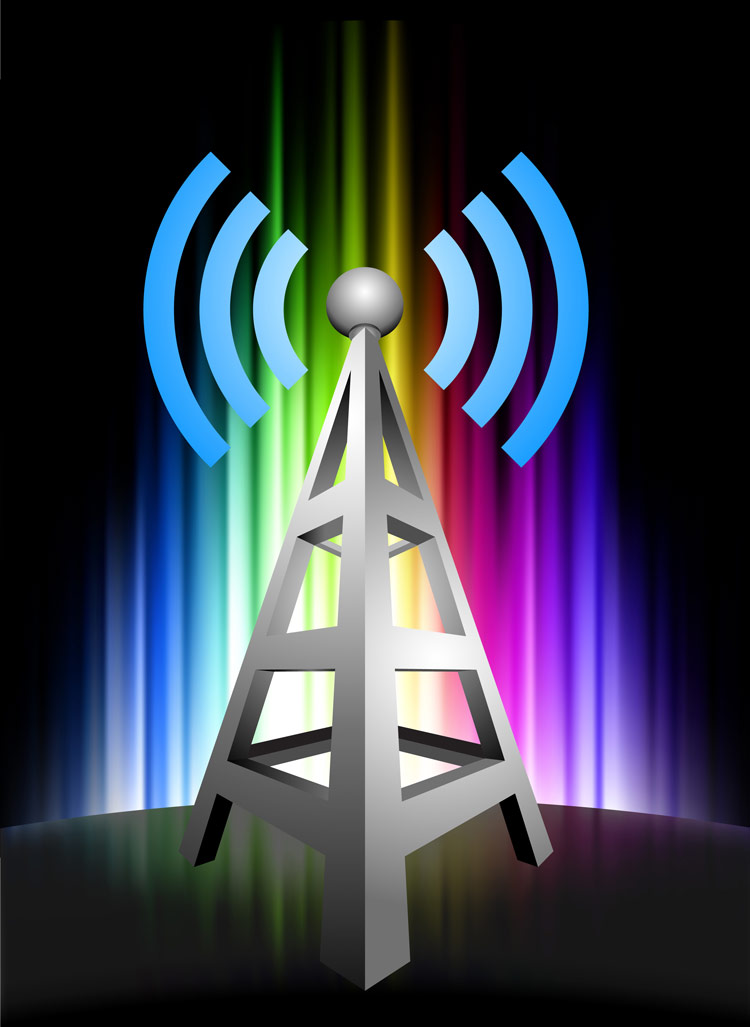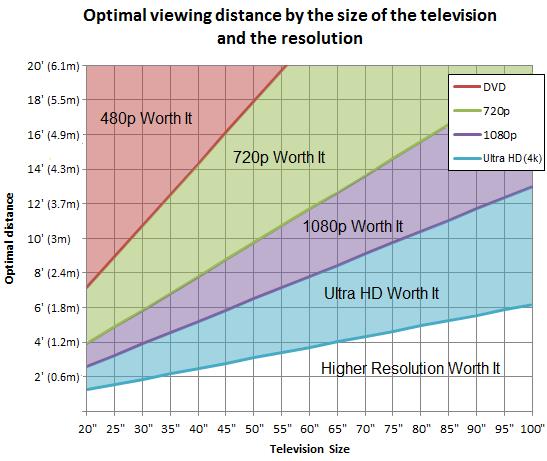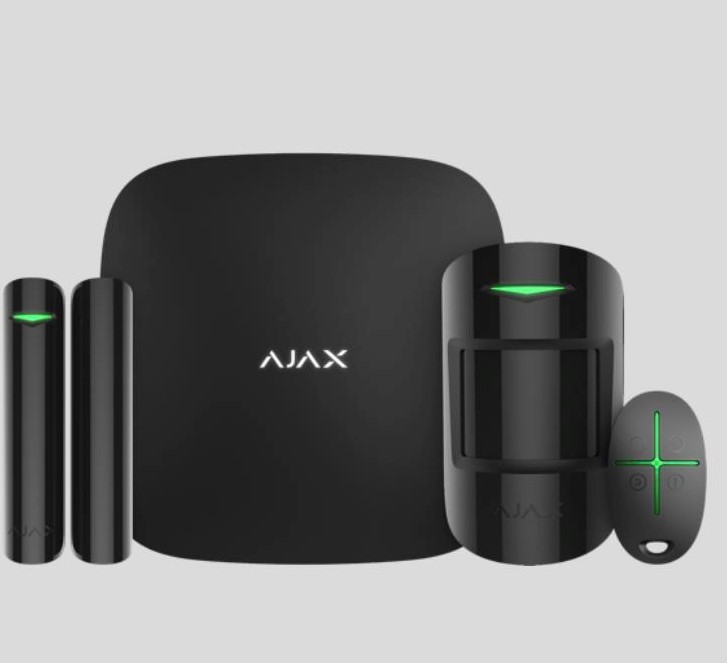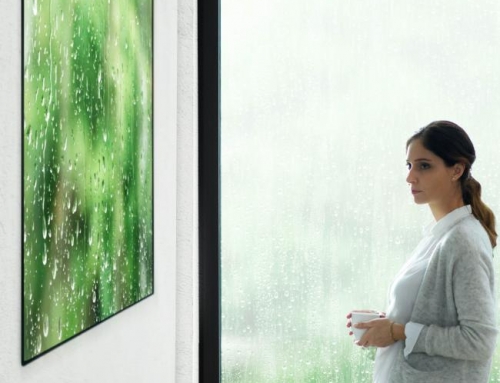As you may already know, 4G LTE (Long term Evolution) is going to significantly effect and improve mobile internet access.
4G LTE is the new fourth generation of wireless network technology that delivers broadband connections to mobile devices – it will provide greater bandwidth and super fast speeds of anything up to an eye-watering 100MB for downloads. It will have the potential to provide an alternative to traditional hard-wired broadband access in homes where current cabling/services are not sufficient. Therefore not only can it be used for mobile phones/tablets but also for TVs, computers and other ‘intelligent’ home appliances. It is estimated that initially, the actual speeds will be in region of 2 to 4MB range which will increase over time.
4G is already available on EE network (at high 1800MHz frequency band). The new 4G services are to be rolled out across the country from other network operators from May (utilising the 800Mhz frequency band).
so what ?
Since the switch-over of TV services to digital, a band of frequencies previously used by TV has been made available for new, public, mobile communication services. This 800 MHz band has been auctioned by Ofcom to companies that wish to provide 4G services.
In certain circumstances, it is possible that new 4G services at 800 MHz could interfere with some existing terrestrial digital TV signals. By their very nature, a TV aerial will receive UHF signals up to 860MHz. In addition to receiving the wanted digital TV signal, they will also receive the unwanted signal from new mobile phone base stations, resulting in interference and degradation to DTT reception. An LTE/4G signal can overload the existing signal from the TV aerial and therefore be rejected by your TV. The existing 4G services operating in higher frequency bands, such as 1800 MHz and 2.6 GHz, do not have the potential to impact Freeview.
will it effect me ?
In reality there is potential for interference from local transmitters on the integrity of TV (freeview) reception, or interference on any distributed signals around homes (such as Sky satellite images on TVs around the home through coax/aerial cabling). It will have no effect on watching sky connected to TVs directly with HDMI/scart cabling.
The possibility of an effect depend on:
house proximity to a local 4G transmitter (within 1km)
house position relative to TV transmitter (eg. crystal palace) and local 4G transmitter
position/type of aerial on rooftop, and presence of existing signal boosters/amps
quality/age of coax cable from aerial/around home – eg. more recent shielded coax cable is much less prone to interference
Did you know you can view locations of your local telecoms transmitters at following website:
www.sitefinder.ofcom.org.uk
What to do next:
Nothing at the moment….there may be no effect on services whatsoever in your home.
However, in some cases there will be a possibility of problems arising over the coming months/year. This may be either digital freeview signal suddenly begining to break up or a deterioration in the quality of Sky images (or any other distributed analogue signal such as CCTV) around home.
It’s not all bad news:
If you are unlucky enough get a problem it can be simply fixed by installing cheap in-line filters on the cabling to reject any intereference, and changing the UHF frequency output of sky digibox (or similar).
The government are well aware of the problem and have set aside a £180 million fund pledged to countering the side-effects of 4G. It is estimated that around 2million households may be affected across the country. Freeview is worried the fund won’t be large enough due to various issues. Professional installation support for the required filters, for example, hasn’t been taken into account. Neither have issues such as additional filters for more than one TV sets in the home. According to figures calculated by Deloitte for Ofcom, the actual cost will be up to £200 million, so there’s a bit of a shortfall in the government’s funding. In extreme cases (unlikely), a Freesat or Cable TV alternative may need to be provided.
As always, Home Entertainment Direct can assist or consult on any issues so please get in touch.







